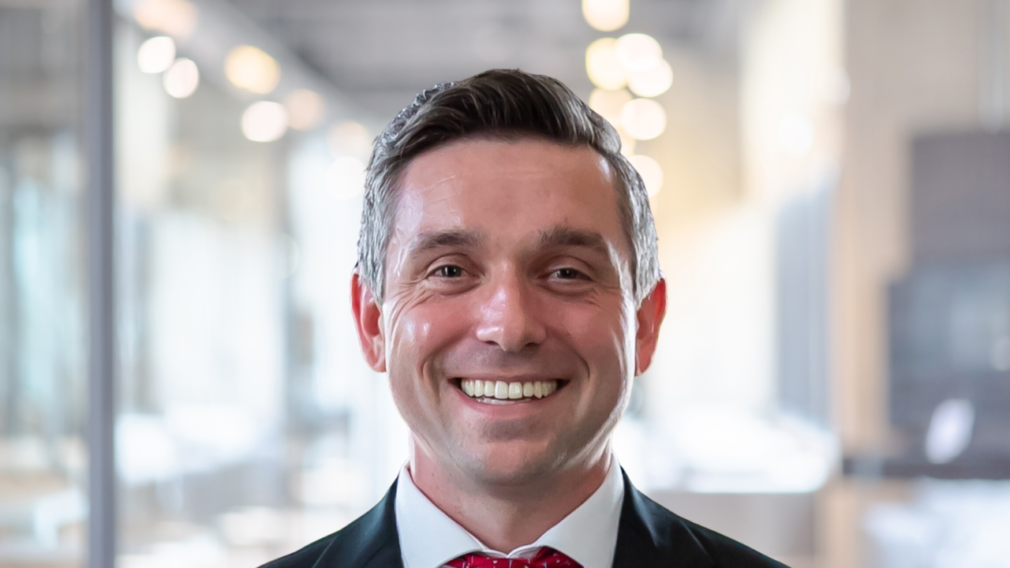Massachusetts Regulator Calls U.S. Gambling a ‘Highway Without Speed Limits’ in Guardian Interview
Jordan Maynard, Massachusetts Gaming Commission chair, told the Guardian the U.S. gambling industry needs federal ad rules and national exclusion lists to protect consumers as operators resist regulation.

A Regulator’s Stark Warning
Jordan Maynard, chair of the Massachusetts Gaming Commission (MGC), likened the U.S. gambling industry to a “highway without speed limits, cars without seatbelt dingers” in a Guardian interview.
Urging federal lawmakers to act, he called for nationwide betting ad rules and exclusion lists to curb problem gambling. “Regulators are who put the seatbelt dingers in,” Maynard said, emphasizing the need for oversight amid a booming $150 billion market.
Maynard’s call for federal action targets two gaps: advertising and exclusion lists. Since the 2018 Supreme Court ruling overturned the Professional and Amateur Sports Protection Act, 37 states have legalized sports betting, generating $2.08 billion in Massachusetts alone in 2024.
Yet ad regulations remain state-specific, often lax. “Nationwide rules on betting ads are needed,” Maynard told the Guardian, pointing to ads flooding college campuses and targeting youth. He also advocated for a national exclusion list to block problem gamblers from betting across state lines, unlike current state-level lists easily bypassed.
A Tense Dance with Operators
Maynard’s relationship with betting firms has been rocky. Appointed to the MGC in August 2022, when Massachusetts legalized sports betting, he became interim chair in March 2024 and permanent chair in October, per Governor Maura Healey’s appointment.
In May 2024, ten operators, including DraftKings, snubbed an MGC public roundtable on bettor limits, fearing public exposure of restrictions on winning players. “Transparency is key to integrity,” Maynard said, holding the session anyway. By September, operators attended a rescheduled meeting. “They were worried about having the conversation in public,” he reflected, insisting his job is to “balance equities,” not boost profits.
Technology’s Double Edge
Artificial intelligence is reshaping gambling, and Maynard sees potential for good. “If operators are using technology to target bettors, that technology can be used to promote healthy behaviors,” he told the Guardian.
He envisions AI flagging risky betting patterns or nudging players toward limits, a tool Massachusetts is exploring through its Youth Sports Betting Safety Initiative with the Attorney General’s office.
Yet operators often use AI to maximize engagement, not safety. Maynard’s push for regulators to guide tech use aims to flip this script, though industry lobbyists resist, citing innovation curbs.
Rejecting the “Boogeyman” Argument
Operators frequently warn that regulations, like ad curbs or in-game betting bans, will push bettors to illegal offshore platforms. Maynard dismissed this as overblown.
“I don’t like the unregulated market being used as the boogeyman,” he said, arguing the legal market shouldn’t mimic the black market’s laxity. He cited weapons detectors in Massachusetts casinos, introduced despite operator objections, as “reasonable friction” that patrons now value.
Underage gambling, especially on college campuses, alarms Maynard. Massachusetts law bars those under 21 from sports betting, but enforcement lags. “I don’t bury my head in the sand. I know it’s happening,” he admitted, noting kids ignore lectures from regulators like him.
Instead, he sees promise in industry-funded ads featuring athletes and leagues to deter youth betting. The MGC’s Youth Sports Betting Safety Initiative, launched in 2024 with the NCAA and Boston’s pro teams, crafts curricula to educate teens on gambling risks.
Maynard’s candor revealed frustration. “There are days I don’t know if anyone cares about what we’re doing,” he said, suggesting regulators face disrespect “across the board.”
Maynard’s focus remains consumer protection, not industry profits. “When I lay down, I sleep really well,” he told the Guardian, confident in his mission to set “speed limits” and “seat belts” for gambling.
Recommended
